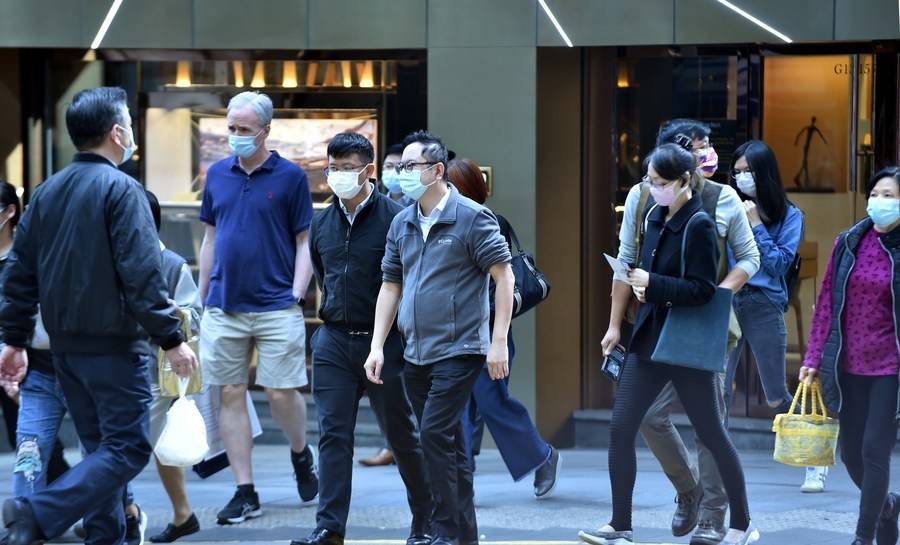China’s population control measures, which were prevalent between the late 1970s until the years 2013-2016, were in fact successful in reducing its huge population….reports Asian Lite News
A slowing population growth coupled with a steady increase in the ageing population is contributing to the deceleration of China’s economic growth, thereby impacting its journey to become the number one economy in the world, Asian Institute for China and IOR Studies (AICIS) reported.
As per recent data released by the China Power Project at the Centre for Strategic and International Studies, China’s population has dwindled for the first time in several decades. The country has for long, reaped the benefits of having a large, young workforce that significantly drove its emergence as a global industrial powerhouse. According to UN figures published earlier this year, India has now surpassed China in terms of its population and has bagged the label of the most populous nation in the world.
China’s population control measures, which were prevalent between the late 1970s until the years 2013-2016, were in fact successful in reducing its huge population.
According to a CGTN report, this was followed by a dip in China’s birth rate wherein the average household size fell from 3.1 to 2.6 persons between 2010 and 2020. These records become vital in understanding why there was no real growth in its population even after an alteration in government policies that encouraged childbirth.
This crisis has been accelerated by the COVID-19 pandemic. Its unpredictability has had an adverse mental impact which has made people decide against having children owing to the financial brunt that would follow.
As per AICIS, young Chinese born in and around the 2000s, currently in their early twenties, are not ready to have kids yet. The government is having a hard time trying to convince its young citizens to bear more children even as the latter do not feel the need or “responsibility” to produce more children just because the birth rate of their country is falling.
The fact that China is sitting on a “demographic time bomb” has, however, not created “any sense of urgency” among its young population even as the government is staying on full alert, according to AICIS.
China has seen a substantial surge in the number of people in the category of senior citizens. The increasing expenditure on pensions and the steadily increasing number of old-age homes are indicators of this reality.
As a result, many young couples are burdened with the healthcare and medical expenses of their parents and even some of the grandparents, in addition to their children. (ANI)














